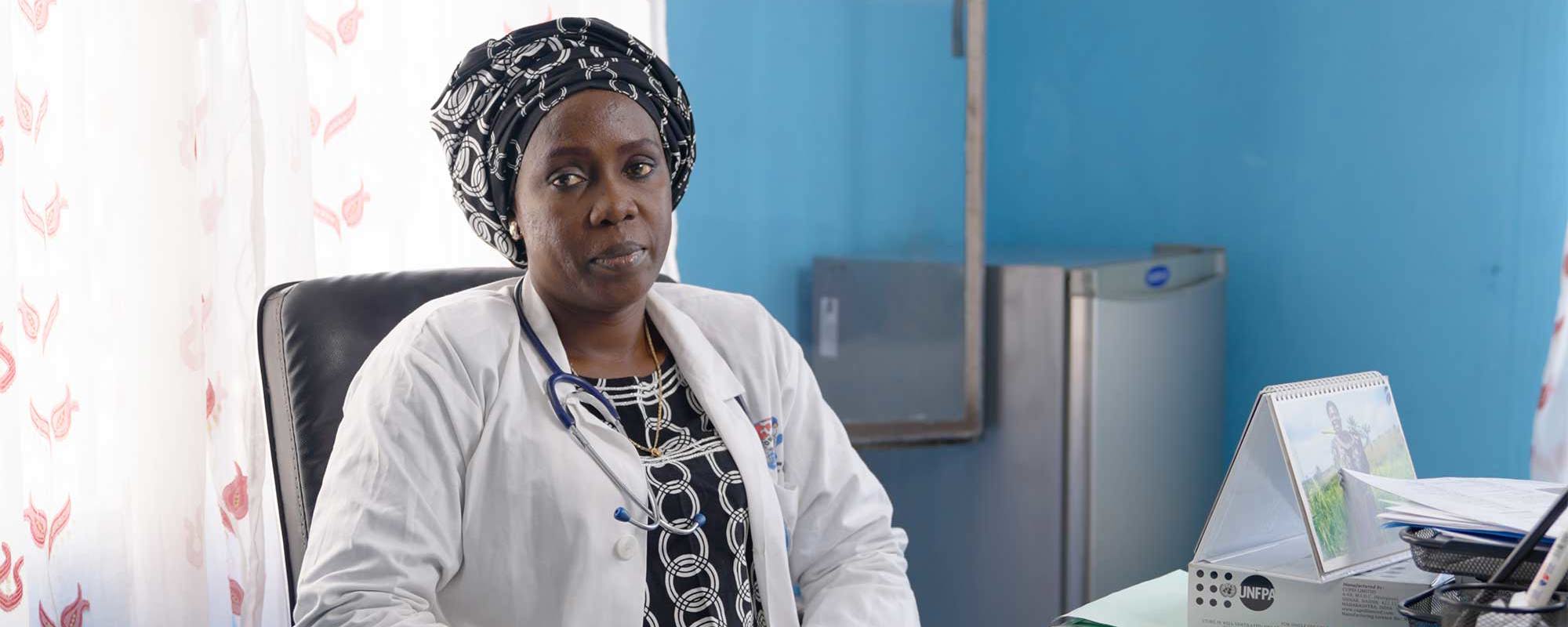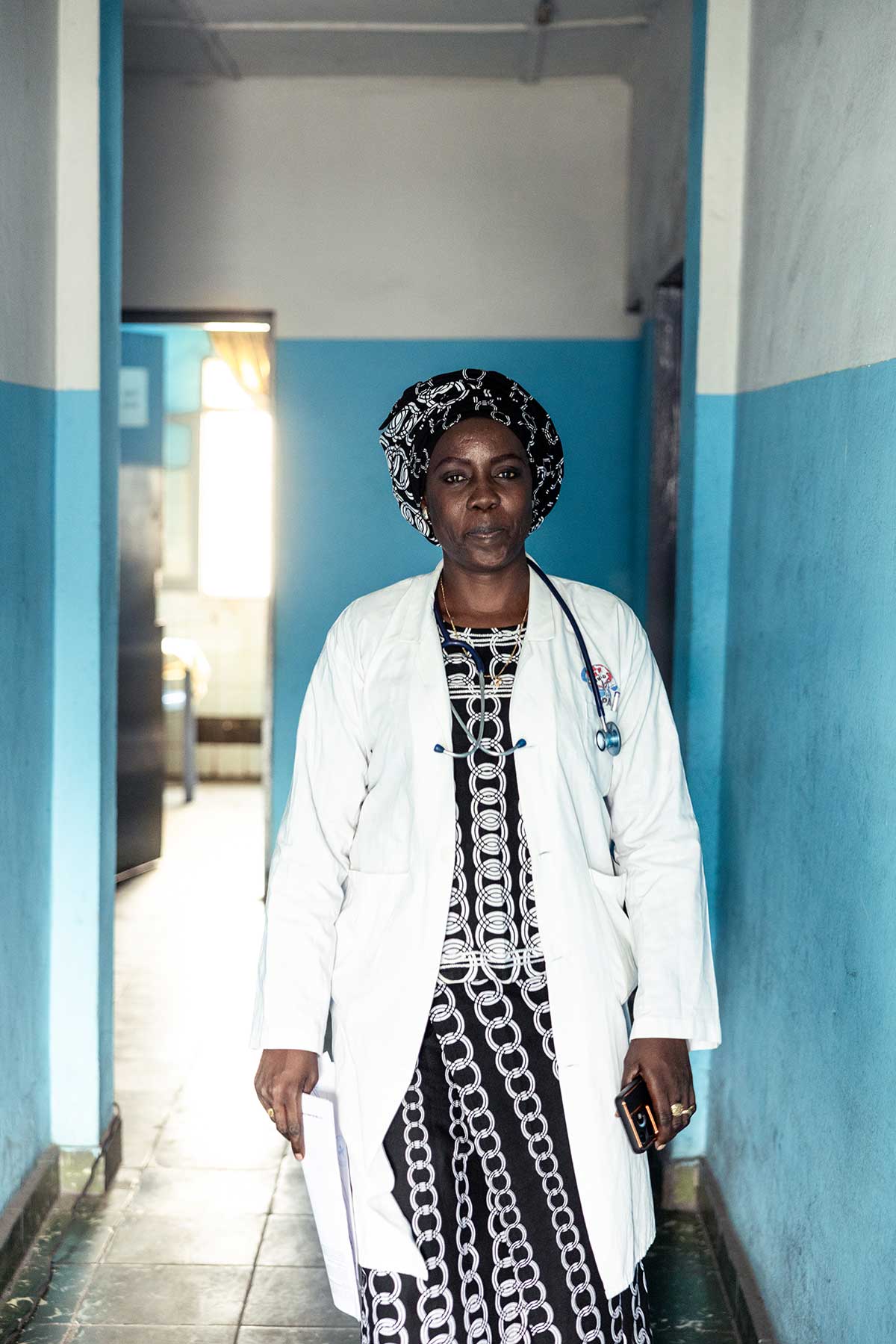

Dr. Rosette is Breaking Down Stigma and Discrimination in DRC
“When we take an oath, we swear to take care of the population, whatever their problem. If someone is suffering, and I have the knowledge to pass on that can heal them – I can't not do it.”
Dr. Rosette is the head physician at Centre Convivial, a drop-in centre in the Democratic Republic of the Congo’s capital city, Kinshasa, run by Global Fund partners BWANYA and PASCO. The center is a safe space for people who are disproportionately affected by HIV, but stigma and discrimination prevent them from accessing health care. This includes sex workers and people from the LGBTQI+ community.
Dr. Rosette and her team ensure everyone who visits the center has access to health services including HIV prevention, testing and treatment as well as psychosocial support and legal counseling – for free.

Dr. Rosette and her team ensure everyone who visits Centre Convivial has access to health services, psychosocial support and legal counseling – for free.
She says that part of their work is convincing clients of their worth, self-confidence and right to live freely – despite the sexual violence, harassment and trauma they might be experiencing.
“Key populations internalize stigma and discrimination because of the attitude of the community in general,” she says. “They have the right to live like any other person.”
Access to justice and lifesaving health care are human rights.
Since 2017, the Global Fund’s Breaking Down Barriers initiative has invested over US$200 million in a groundbreaking effort across 24 countries to confront obstacles posed by laws, policies and practices limiting people's access to health services.
Investments prioritize reducing stigma and discrimination in health care and other settings, increasing legal literacy and access to justice for key and vulnerable populations, and community-led efforts to reform harmful laws, policies and practices.
The Breaking Down Barriers initiative puts knowledge and skills in the hands of people affected by HIV, TB and malaria so they can understand, demand and secure their health-related human rights.







